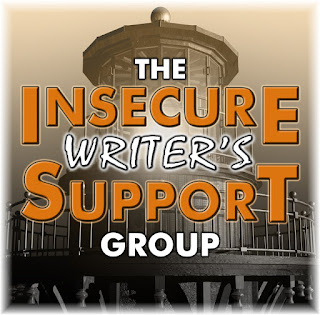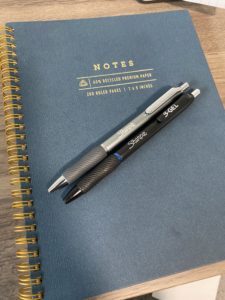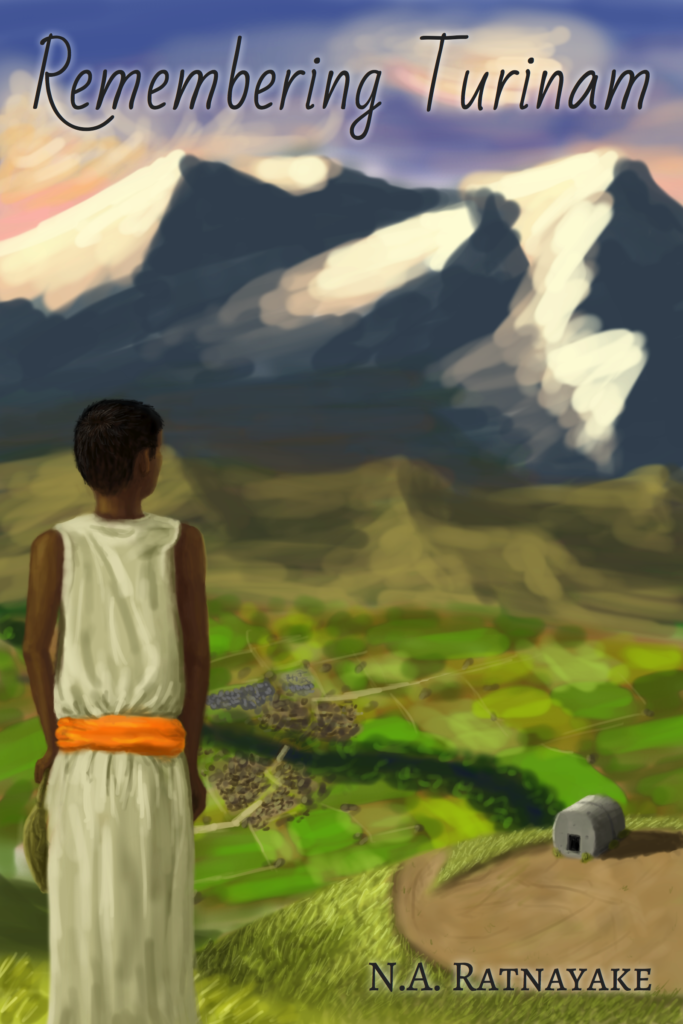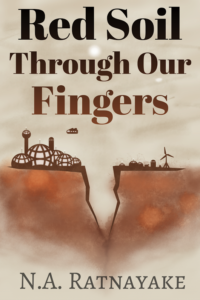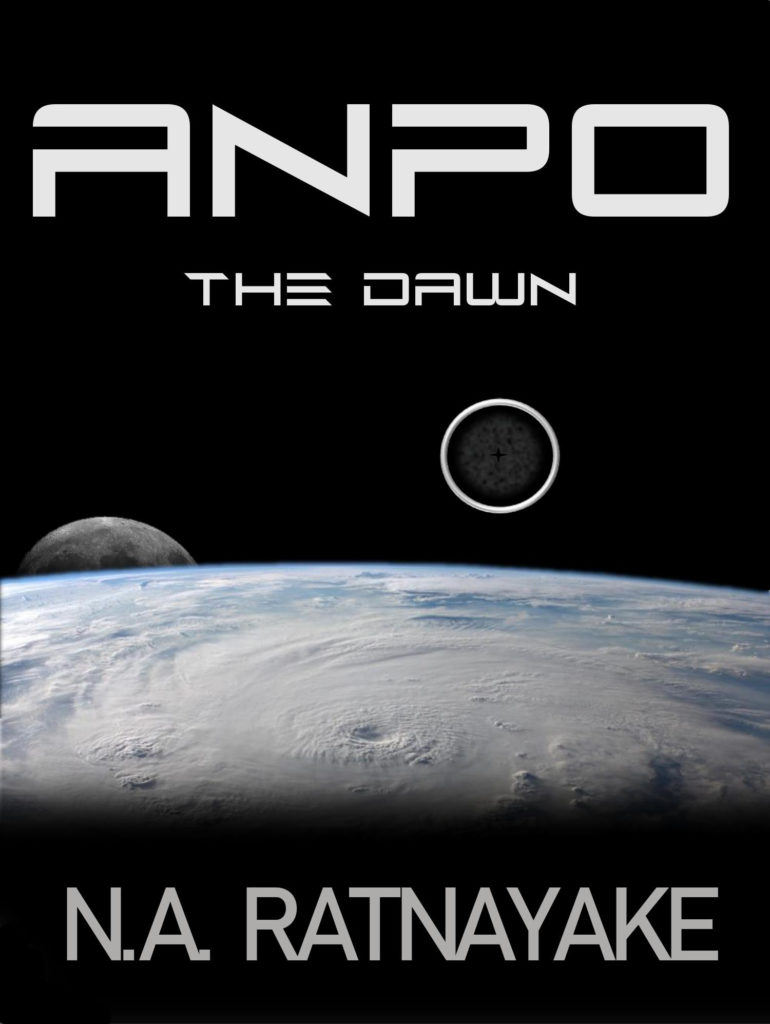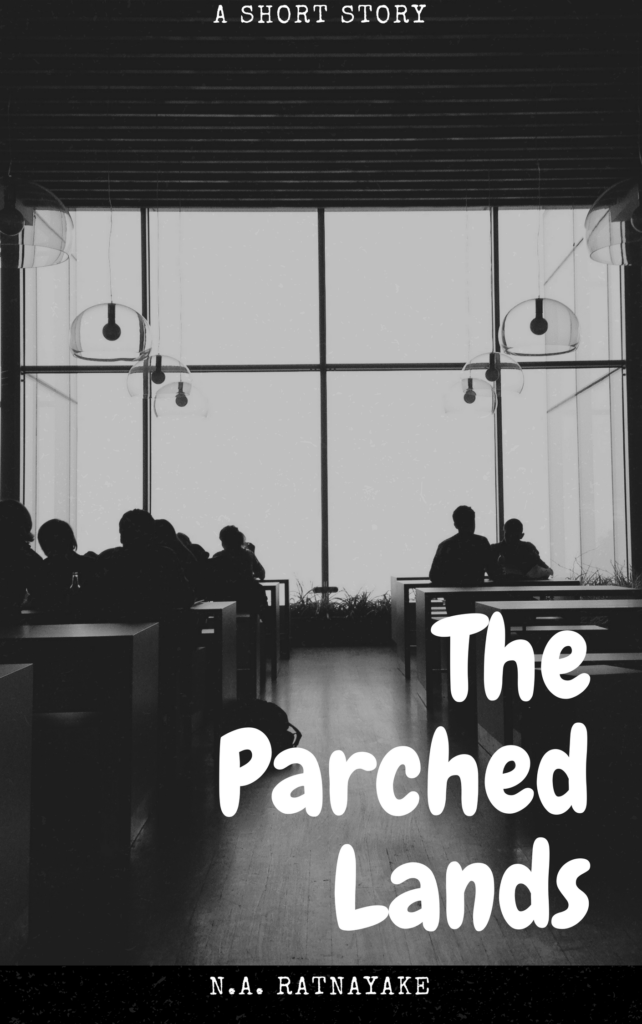It’s been quite the year!
Back in the Saddle
In 2021, I was just barely starting to dip back into my writing after several years of hiatus. Since then: one new short story (Anpo: The Dawn) published, two new short stories (The Karma of Ponds and The Beyul) completed and in submission circulation among markets, and about 25,000 words of new prose written on a novel project (Rassam’s Eye). In addition, I managed to start a newsletter and help found a new writer’s critique circle. All this while getting married, continuing to get ever busier with a technical management position, and training for my fourth marathon! Not bad.
I’ve also realized that during my writing drought, I was also not reading much either. This year I’ve rediscovered a love for reading that I had forgotten I’d lost. I was pleasantly surprised to discover that published speculative fiction in general has greatly diversified since I last paid attention to it. I’m very excited to continue chipping away at my “Read Like a Writer” book list.
Not Quite What I Hoped
I had hoped for an actual market sale of a short story this year, and perhaps a finished first draft of a new novel. Alas, neither of these goals has materialized – Anpo was a self-pub after withdrawing it from a market that had accepted it three years ago and failed to do anything with it since, and I think I finally need to admit that Rassam’s Eye has floundered. That’s not to say the time and effort were wasted – I still think that novel idea is a good one, which may be resurrected at some point. Alternatively, perhaps even pieces of it can be mined later for something else.
On the short story front, The Karma of Ponds has gotten repeated personal rejections over a year of subbing, most saying it’s a wonderful story that “just doesn’t fit” or “isn’t quite for us” – it has yet to find a buyer. This leads me to believe that it doesn’t need wholesale revision, I just need to find the right market willing to take a chance on a unique structure. The Beyul has just entered the submission dance, so we’ll see. I remain optimistic that both will eventually find a home, I just need to stay persistent.
Getting Unstuck
One of the principles that has helped me get unstuck over the last year and a half has been a commitment to myself that I would always allow myself to write what I felt like writing, regardless of whether it was what I felt I should be writing, so as not to generate new writing career regrets. Among the consequences of this policy, however, has been that word count on longer projects like Rassam’s Eye have suffered at the expense of shorter sketches, to the point where I have honestly lost momentum on the novel ideas. That’s not necessarily a bad thing – it did, after all, get me writing again.
The upside of a more process-based approach to writing has been a greatly expanded range of styles, genres, and topics covered by the writing I do happen to get done. I’ve dabbled in literary fiction, fantasy, and even horror this year in my draft notebooks, whereas in previous years I tended to be solely focused on a a few particular subgenres of science fiction. I’ve also really warmed to the idea of physical notebooks at all – they really do prevent distraction and promote a certain kind of open mind. I think the breadth and experimentation and focus on process rather than product are good for me, and will eventually bear fruit in the long run.
However, in the meanwhile, it does tend to feel as though I’m not making much actual progress. I’d like to FINISH something again, be able to point to a new concrete milestone and say I produced that!
Patience – not one of my strong points.
Goals for 2023
Looking ahead, I’d like to find a way to balance my newly acquired process-centered philosophy with the need to have “small wins” for motivation and a sense of progress. Runner and novelist Haruki Murakami draws many mental connections between his two main pastimes in his memoir that I read this year, and it made me wonder if a distance-running technique often called “mental chunking” might be helpful: 26.2 miles, like a novel, is just too long to think about in it’s entirety while you’re in it – just run the mile you’re in, and the finish will come when it’s time. In other words, focus on smaller goals that can be accomplished sooner.
Writing Goal for 2023: Finish one draft short story or one draft novel chapter per month. Revision 4/1/23: Write at least a page of something every day – prose, poetry, journal, freewrite, research notes, anything. No length or word count requirements, no specific project on genre to adhere to each time, and no quality or “doneness” requirement.
Reading Goal for 2023: Finish six books from my Read Like a Writer list by the end of the year. Format doesn’t matter: ebook, treebook, or audiobook all count.
Creative Life Goal for 2023: Participate in at least one collaborative project with an artist working in a different creative medium by the end of the year. Details left open to avoid closing off opportunities.
